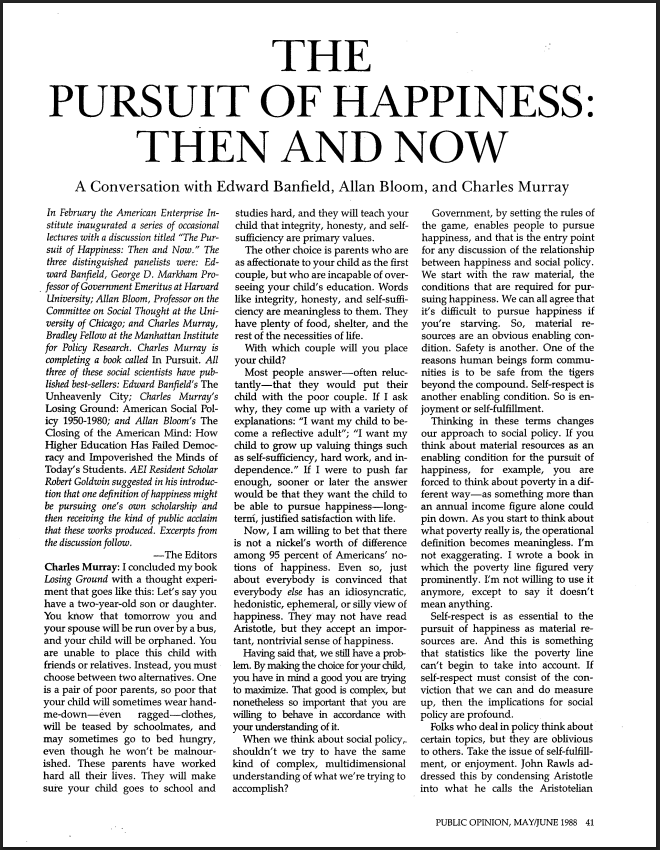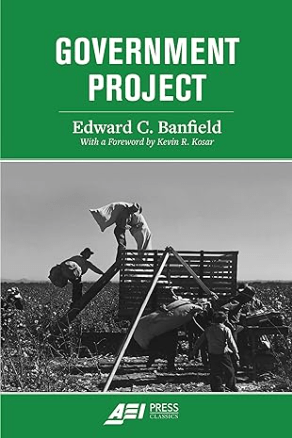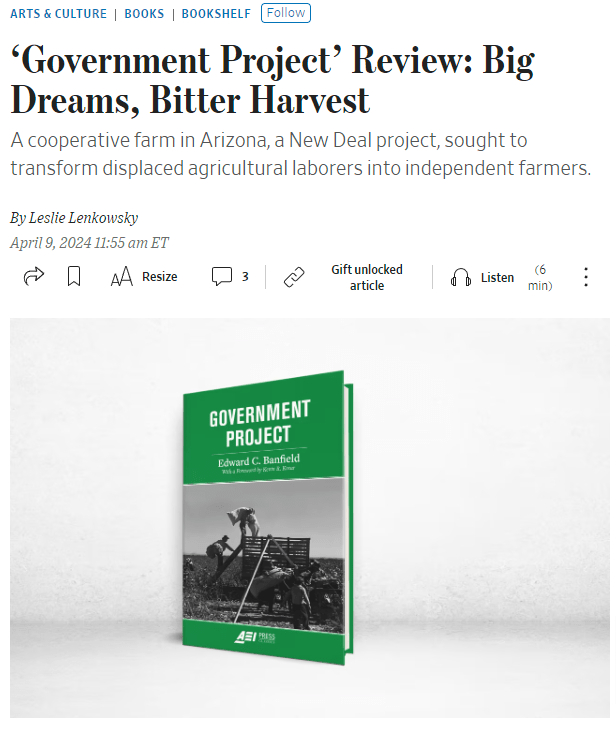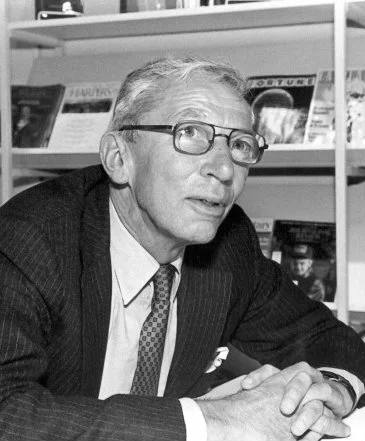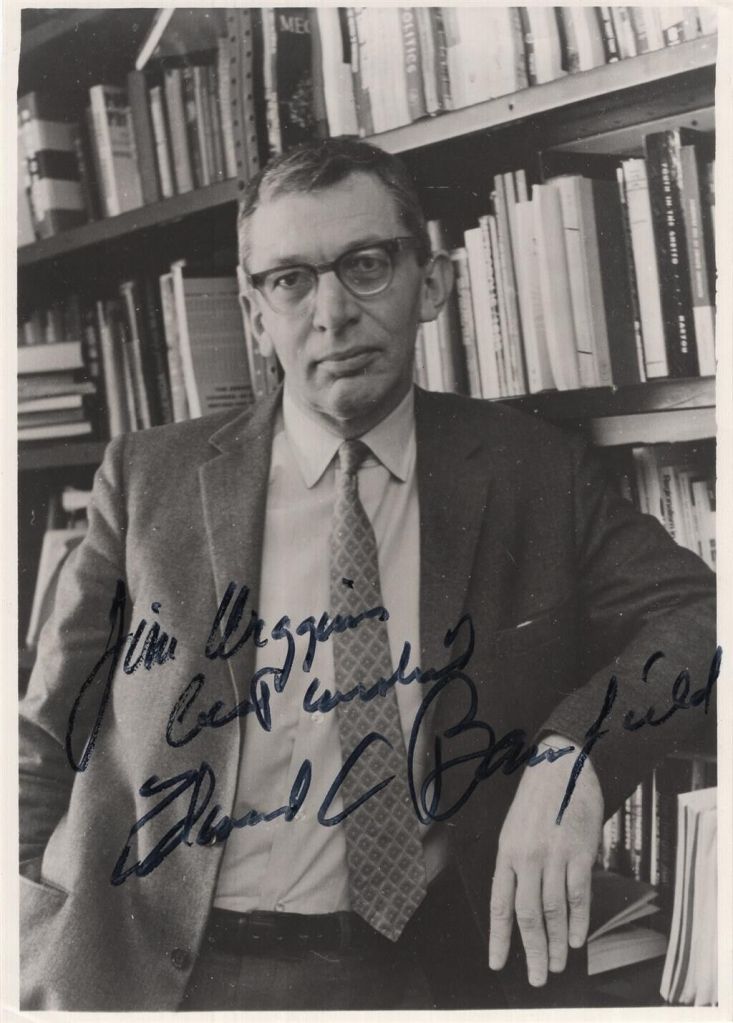Big cities so often appear to have terrible problems, and Americans have a long history of convincing themselves that urban areas are in crises and that the federal government must do something to improve matters.
Edward C. Banfield argues the conventional wisdom is incorrect. In The Unheavenly City Revisited, he presents rigorous analyses showing that “by any conceivable measure of material welfare the present generation of urban Americans is, on the whole, better off than any other large group of people has ever been anywhere.” He furthermore argues that there is little evidence that the billions of dollars of government spending is improving matters. Indeed, well-intended government actions have proved harmful in some instances.
The Unheavenly City Revisited cautions policymakers that their biases may affect their perceptions of America’s metropolitan areas. Improving the lives of people in cities through government action is an exceedingly complex enterprise. Government officials and citizens alike must be realists about what government action can achieve.
Reviews and Coverage of The Unheavenly City Revisited
“Talking Banfield: A Conversation with Kevin Kosar,” Bryan Caplan Podcast, February 19, 2026.
Judge Glock, “A Dose of Civic Realism,” Law & Liberty, January 8, 2026.
Titus Techera, “Remembering Ed Banfield’s ‘The Unheavenly City,'” Civitas Institute, December 4, 2025.


